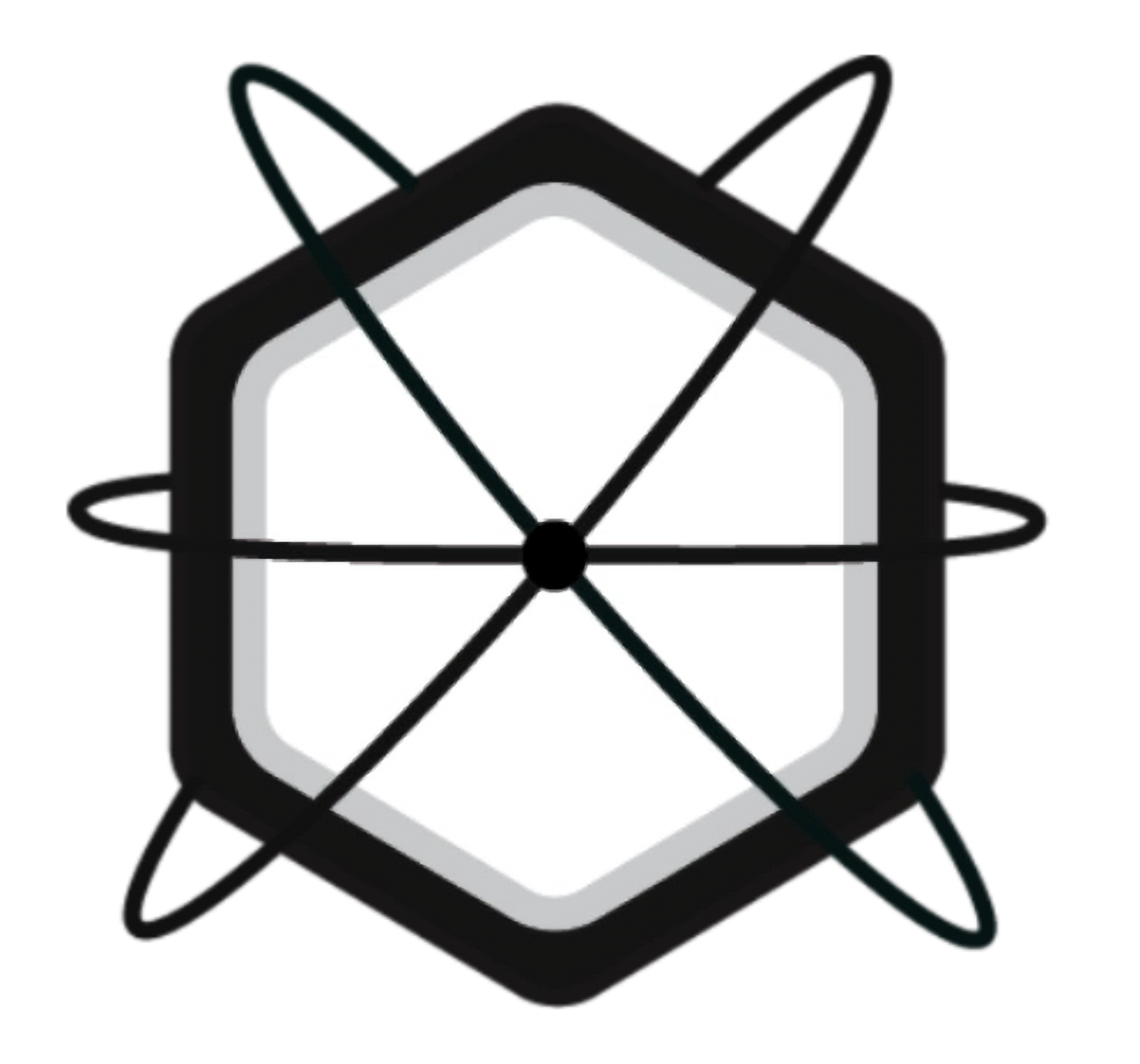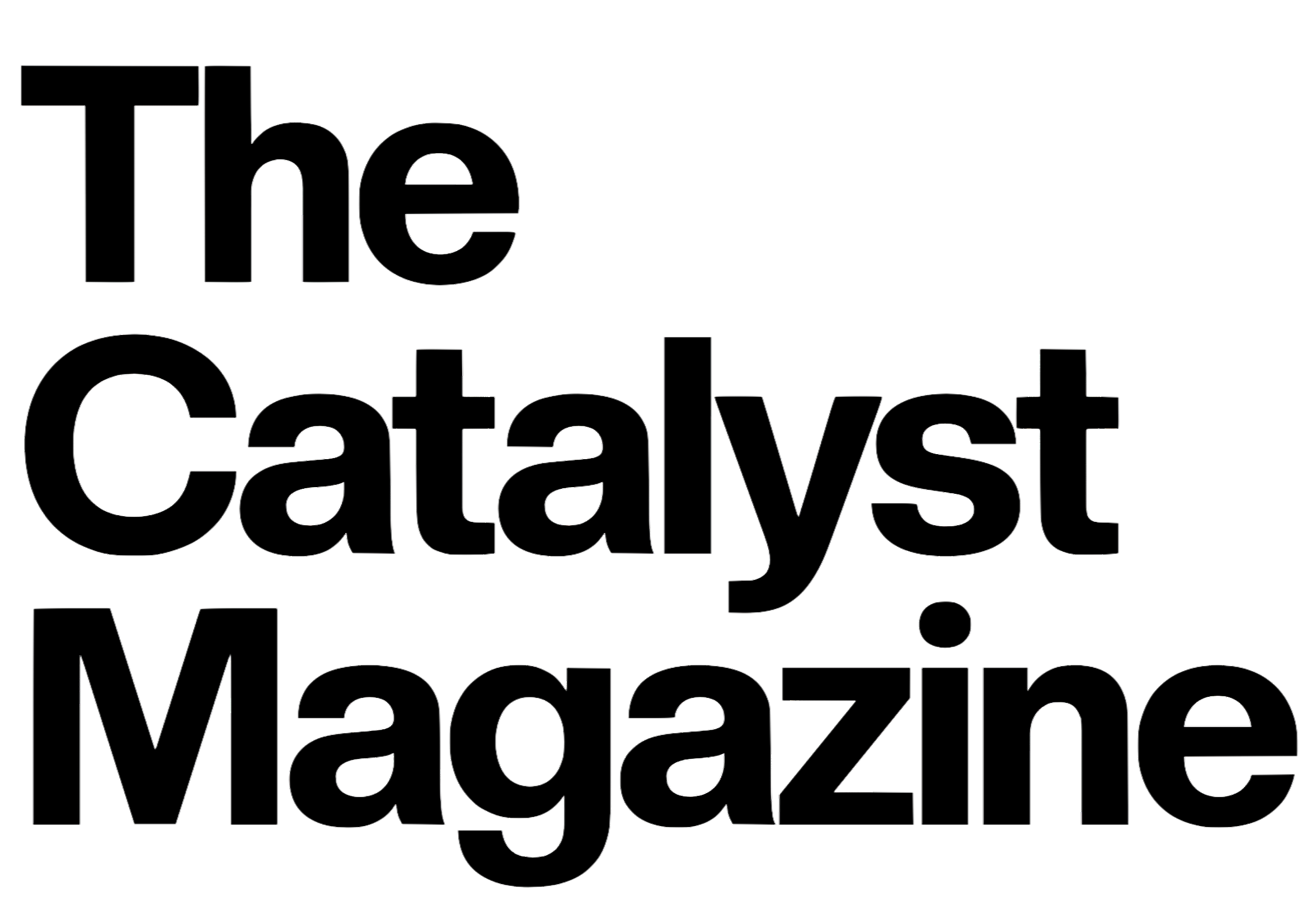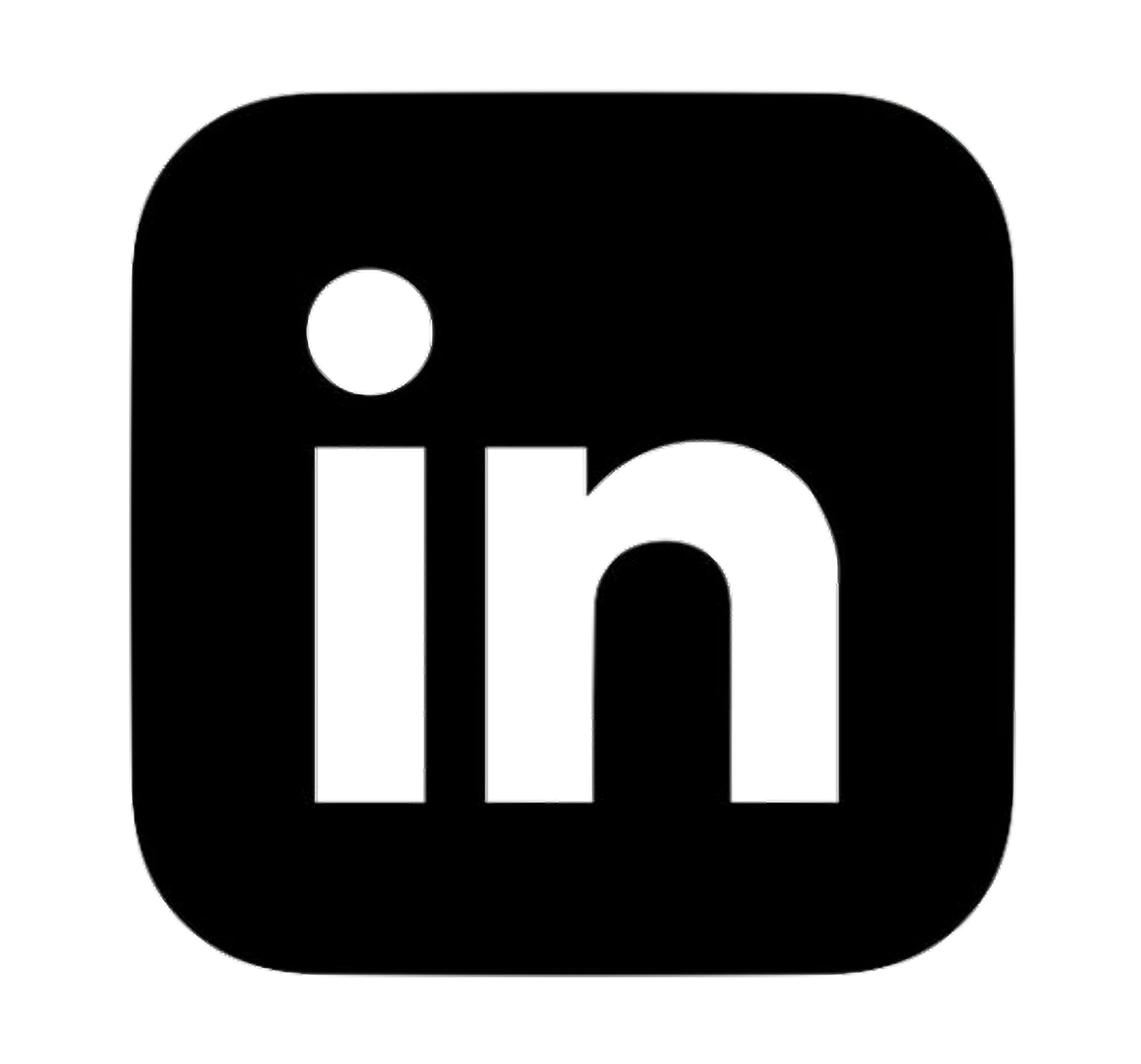From Fluorine to Forensics: The Road From Academia to Forensic Chemistry
- Naama Ben-Dor
- Jan 13
- 9 min read
While many scientific careers involve structured pre-professional programs and a clear long-term vision of your desired end goal, there are many opportunities to discover your interests along the way. In a conversion about his journey from his graduate studies in Chemistry at Georgetown University, to his current work as a physical scientist in the Forensic Services Division of the United States Secret Service, Dr. Lucas Kane describes his journey exploring his interests and navigating the stressful world of career-searching to land his current position.
Who:
Dr. Lucas Kane is a recent graduate from Georgetown University, whose thesis work investigates carbon-fluorine bond functionalization— essentially exploring methods to break the notably strong and stable bond between carbon and fluorine, and transform it into a carbon-carbon bond— an ability with extensive and practical applications in fields like synthetic, environmental, and pharmaceutical chemistry. Kane completed his PhD at Georgetown this past summer (2024) and began his new work as a Forensic Chemist in the United States Secret Service, developing new and innovative forensic analysis methodologies.
Why:
Unlike some of the humanities fields, science careers usually require very targeted and technical expertise, urging many students in STEM to commit to a specific field early on in their studies, before they’ve even been given a chance to explore their interests. Conversing with students who’ve carved out their own path can provide invaluable insights into the process of effectively navigating these questions throughout your studies.
Early Beginnings
Dr. Lucas Kane’s fascination with Chemistry began in high school, in a way most of us are familiar with: a really excellent teacher. Though initially more math and physics-oriented, Kane was inspired by Dr. Lori Kurth, his junior and senior-year Chemistry teacher. Fascinated by the problem-solving nature of chemistry, and the opportunity to pursue an education that delves into the molecular composition of life, Kane decided to major in Chemistry.
Pursuing a Graduate Degree: The good, the bad, the uncertainties.
Midway through his undergraduate studies, as he explored his next steps, Kane’s conversation with his advisor opened him up to the idea of continuing his Chemistry education in graduate school.
“We talked about graduate school, and I loved the research aspect. I love thinking creatively about how we can examine the world through the lens of chemistry, and that’s really what research is to me. I also learned that if I wanted to be trusted as an independent researcher, and if I wanted to be able to explore the world through my own ideas, I would need a PhD to be able to do that.”
Finding a graduate studies program is no simple process. After applying to graduate programs in several schools, students undergo recruitment visits, in which they meet faculty who pitch their research and work. After enrolling in an institution and undergoing a semester of studies, they must select a research advisor to provide guidance as they complete their thesis research work.
“It’s a little risky to go to graduate school if there’s only one group that you could really see yourself being successful in, because sometimes there’s competition to get into those groups… and if there’s five incoming students and they all want to go to that one group, you might find yourself in a situation where you feel like you don’t have a home… Georgetown was attractive for me because there were multiple places where I could see myself being successful.”
Upon arriving at Georgetown, Kane joined Dr. Tim Warren’s lab, whose work investigated nitrogen reduction and ammonia oxidation chemistry. Interested in research on clean energy, Kane wanted to study nitrogen reduction for its potential applications in converting atmospheric nitrogen to clean fuel. But after two and a half years of work, Kane was required to pivot when his mentor left Georgetown. Faced with the options to either move and join Warren in Michigan, or begin anew at Georgetown, he chose the latter.
Redirection: Roadblocks and finding new routes
Undiscouraged by the setback, Kane began a new search for a mentor, and eventually transitioned into Dr. Christian Wolf’s lab– in the organic chemistry department. Though initially focused on inorganic synthesis, Kane credits what he calls a ‘seamless transition’ into organic chemistry, to the interdisciplinary nature of chemistry, and Wolf’s mentorship.
“In Tim's lab I was doing inorganic synthesis primarily, and then I joined an organic synthesis group, but there's so much overlap there that I was really able to hit the ground running. And Christian really is the hallmark of a good mentor; somebody who is willing to go outside their comfort zone and place a great deal of trust in their colleagues— and that's what he did for me.”
In the fourth year of his graduate program, Dr. Kane’s thesis began to materialize. Transitioning towards organic synthesis strategies, he focused on carbon-fluorine bond functionalization; essentially replacing carbon-fluorine bonds with carbon-carbon bonds. Though highly available in the environment– often as pollutants– fluorinated organics are a problematic nuisance due to the high electronegativity difference between carbon and fluorine, which renders the C-F bond highly stable.
Under Wolf’s guidance and support, Kane developed a strategy to cleave C-F bonds using metals like Zinc, and convert them to C-C bonds– the building blocks of organic chemistry.
Future Directions— Beyond the Scientific Literature: Determining His Next Steps
Beginning
With his thesis in the works, Kane– like every other student– was left to grapple with and begin planning his future. One of the challenging aspects of the process, he notes, was the uncertainty of timing in graduate school.
“In grad school, there’s no set finish line. You don’t necessarily know when the end is going to arrive– because in research you can’t just say, ‘I’m going to finish this project in six months. You have no idea when it’s going to be over.’”
Reflecting on his own experiences, he notes his initial anxiety to begin the job search, which caused him to procrastinate– an experience we’ve all encountered in one way or another. But, in retrospect, Dr. Kane advises students to begin the process earlier– around nine to 12 months before graduating– as a general recommendation. He also emphasizes the importance of clear communication throughout the process. Kane stressed the support and flexibility of his mentor, Dr. Wolf, throughout the uncertain timeline of the job search, which he explained required his initial transparency and clear communication.
Deciding
With many avenues to choose from—ranging from academic research to pharmaceuticals, environmental work, and even intellectual property– Kane was drawn to government work, and forensics, specifically.
“In academia, a lot of the research that gets done is done out of curiosity, really… and I think there’s a lot of value in our academic minds, exploring our curiosity… but I wanted to see a more direct impact with the work I was doing.”
That’s not to say the road to forensic chemistry was clearly defined. In graduate school, Kane says, “your career is very much what you make it.” Reflecting on various aspects of pre-professional planning as a graduate student, he highlights two key components:
Networking: Not Only Useful for the Business School Students…
“The people around you in your laboratory and in your program– those are the people that you have to pull into your network, especially people who are a little bit ahead of the game compared with you. Because in a couple of years, those are the people that you can turn to and say, ‘Hey, I need some advice.’”
Describing his introduction to government work, for example, Kane mentioned the support of a student who graduated just as he joined Dr. Wolf’s group, and began work in the FDA. These relationships, he explained, helped him find opportunities and guidance.
Skills: The Value of Broadening Your Expertise
“In academia, I think many would argue that your publications are the most important thing on your resume… they’re your products, really. But if you’re trying to go into industry or government work, like I did, those publications are nice, but your resume is your skillset.”
Kane emphasizes the importance of seeking opportunities to sharpen your skills in diverse techniques and methodologies. He notes the importance of taking initiative to find these opportunities, rather than expecting opportunities to fall into your lap.
Citing an example, he describes:
“At Georgetown, for example, we have a lot of facilities for X-Ray Crystallography… and we have a full-time X-Ray Crystallographer on staff whose job is to help people do X-Ray Crystallography…. And people don’t take advantage of that, in my opinion. So the opportunities are there and the people are there, but I encourage people to take advantage of that and develop your skill set, because at the end of the day, your skill set is what will set you apart.”
Many of these opportunities to hone his skills, he explained, emerged as he developed his research project. In answering his research questions, he needed to refine his expertise with certain analysis strategies. Some, like NMR and GCMS, naturally presented themselves– but others, like X-Ray Crystallography– required a willingness to explore new techniques that could elevate his research.
“So when you have challenging research questions… I encourage people to try to understand what needs to be done to answer that question, and if it requires a new technique that you haven’t done, that’s not a bummer, right? That’s an opportunity to expand your knowledge and skillset.”
Present Day Work: The old and the new
In his current position as a physical scientist in the Forensic Division of the United States Secret Service, Dr. Kane develops novel analytical techniques for investigating forensic specimens. His colleagues contribute unique backgrounds and perspectives, ranging from chemists to biologists, engineers, physicists– as well as experts in law enforcement, the military, and more. “We all have different perspectives, thoughts and experiences, and that makes us strong as a team.”
This collaboration, which he notes as one of his favorite aspects of the job, is reminiscent of that which he experienced as a graduate student, in partnerships with other disciplines, such as immunology.
In terms of adjustments and new ‘analytical hoops,’ as he calls them, Kane refers to the highly-regulated nature of federal work.
“We have a to be a lot more careful and thoughtful in the ways we conduct our analysis, maintain our instrumentation, develop our protocols… everything has to be very, very tight… and it’s for good reason, because when you’re working on a case, there’s a lot at stake for a human being, typically.”
Final Remarks: A message to students
Asked to reflect on some final suggestions to students, Dr. Kane said, “Two things come to mind.”
Remove the Box
“First, I would strongly recommend that you don’t put yourself in a box… It’s 100% okay to have something that you are super interested in, and that’s your thing. I think that’s good. But with that being said, I think it’s a mistake to then reject other areas, other ideas, and become so narrow, so early on. Because science is all connected, and the more you’re able to bring other disciplines into your focus, the stronger you become as a scientist.”
The Obstacle Mindset
“The other thing is, I feel like some of these decisions feel very monumental in the moment… for example for me, entering graduate school, which group I would end up joining felt like a monumental decision… but that ‘monumental decision’ completely crumbled halfway throughout my career… and I was sitting there thinking, ‘Am I going to have to start completely over right now? Should I just completely quit graduate school?’… and looking back on it now, I feel almost silly I had that mindset. Because if you continue to pursue your passions, if you’re motivated by a genuine interest, then there’s no reason that that type of setback has to stop you.
So that's one thing– I think perspective is so important, and looking back, I feel like no matter the rejections you get, no matter the ‘no's you get, there's so much opportunity still out in front of you that's there for the taking.”
Personal Reflections & Takeaways
It is unlikely that most students will follow the same exact path as Dr. Kane. With that said, his story can provide valuable insights into the process of career exploration, and transition from the world of academia to your vocational destination. In college– especially among the fields of STEM– there exists a strong culture of setting far-out goals and pursuing them methodically, by systematically checking the boxes of the pre-med/nursing/engineering– you name it– requirements and expectations. In doing so, it becomes difficult to open your eyes and mind to other possibilities, and to allow yourself to explore your own interests. This is often driven by anxieties for job stability and expectations from peers and family.
Kane’s story, however, shows the possibility for flexibility and genuine curiosity (as well as, of course, determination and hard work) to lead you on your journey to self-actualization. Motivated by a deep appreciation for Chemistry, he pursued a PhD in faith that he’ll find his calling along the way; this venture led him to a profession that, while less-traditional- incorporates his passions in an incredibly societally-contributive manner. Kane’s story shows that by opening our eyes to the many opportunities that surround us, and letting ourselves explore our interests and passions, we may find that our aptitudes and interests converge in a different place than we initially thought.
Writing this, I am reminded of Robert Frost’s infamous poem, “The Road Not Taken,” in which he writes:
Two roads diverged in a wood, and I—I took the one less traveled by, And that has made all the difference.
To students currently in the process of determining future plans, let this serve as a reminder to open yourself up to new opportunities and experiences in your academic environment. With that, remember to forge relationships and a network of people, from whom you can learn and receive guidance. Aim to let yourself enjoy the process, but also challenge yourself– embrace the uncertainties and dive into them– and develop your skills and experiences; these will only aid you in your future pursuits. Lastly, take it all in proportion. Some choices are more monumental than others. That said, when one door closes, you can always find a new door to try to unlock.





Comments